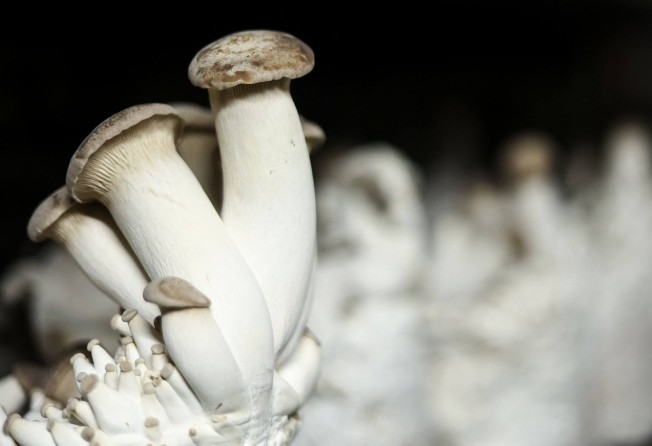
Gourmet mushrooms like lion’s mane and shiitake grown sustainably in brewers’ grains and waste breadcrumbs foster circular economy
- Belgian company Eclo uses a beer by-product and leftover bread to cultivate premium mushrooms typically grown in Asia, like shiitake, maitake and lion’s mane
- The urban farm in Brussels sells 8-10 tonnes of fungi a week to high-paying customers, and its founders are proud to be part of Belgium’s circular economy

In Belgium, a country known for its beer, mushrooms grown using a by-product of the drink are earning their cultivators money and kudos.
The high-end fungi grown in a disused abattoir by Brussels firm Eclo are finding their way to gourmand customers – while boosting the circular economy that minimises waste.
The seven mushroom varieties produced by Eclo are mostly sought-after exotic types typically grown in Asia, including shiitake, maitake (also known as hen-of-the-wood) and pom pom – or lion’s mane – mushrooms.
They all fetch considerable sums – around €22 (US$22) for a 750-gram (26oz) box, as listed on the company’s website.

And the substrate – the substance the spores grow in – is easy to come by in Belgium: a mix of spent grain left over from the mashing process to make beer, and discarded baguettes.
“The beer and the bread don’t have any effect on the mushrooms’ taste, but we get better yields from them in terms of quantity and quality,” explains Quentin Declerck, one of Eclo’s founders.
For several years, his company has been collecting brewers’ grains from Belgian beer maker Cantillon, and leftover bread from Colruyt supermarkets and the Bon Pain chain of bakeries.
The collaboration allows Eclo to recycle five tonnes (5.5 tons) of discarded grain and 18 tonnes of bread annually.
The surplus grain and bread goes into Eclo’s cold rooms, where the mushrooms grow in the moist air.
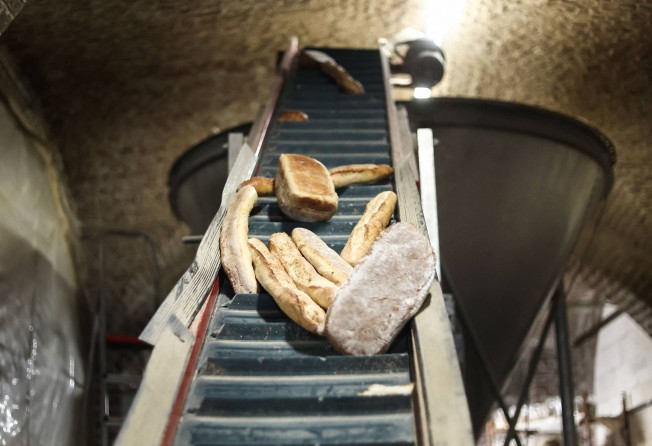
Each week, the company sells between eight and 10 tonnes of its mushrooms.
Beyond the financial return the activity brings, Declerck explains that contributing to a domestically made and ecologically friendly production cycle in Brussels was a motivation.
“We realised that many of the mushrooms bought in shops came from the Netherlands, many from eastern [European] countries, and even further afield, from China,” he says.
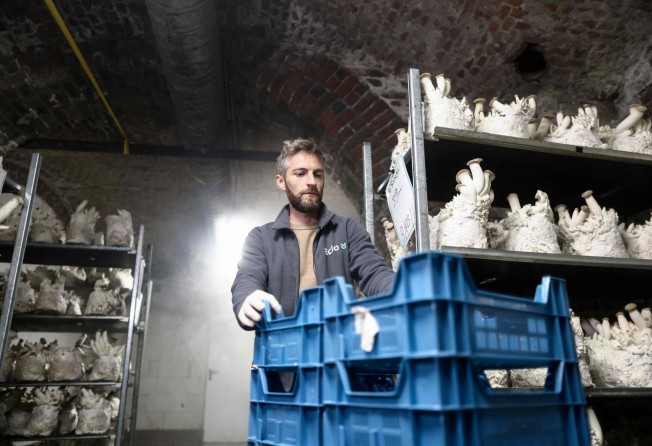
“Today there is a certain [type of] production that has been re-localised [to Belgium]. We are part of that movement.”
Eclo was created in 2014 after its founders read a book about the circular economy, in which discarded items are repurposed and reintroduced into the market rather than thrown away.
The book mentioned growing mushrooms from coffee grounds – a process already being practised by another Brussels company.
Eclo tried that route initially, but “it was a resounding failure” for the varieties it wanted to grow, says Declerck.
“Shiitake doesn’t grow at all in coffee grounds.”
So the company changed the substrate, and trained around 30 people to grow mushrooms from brewers’ grains and bread.
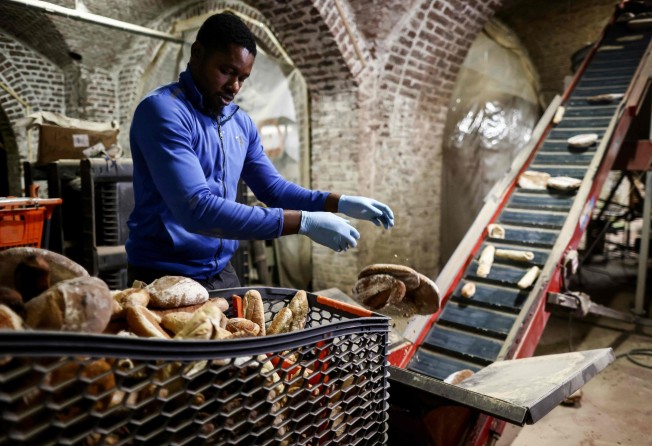
The experience has had its ups and downs.
“Some of [the staff] just gave up. This is still a form of farming and it’s tough – you work in very moist rooms. Sometimes you don’t see the sun all day,” Declerck says.
Trying to compete against industrial-scale rivals also dealt a blow to morale.
“You need to cope with market prices, otherwise you simply don’t sell. We’ve found our niche, so we’re able to pay our people fairly, but a lot of projects don’t pay,” he says.
Eclo is testing out other techniques, for instance seeing if a substrate using discarded ground cacao beans can produce the varieties of mushrooms the company wants to grow.
The company also aims to set up a factory that can sell substrates on the European market.
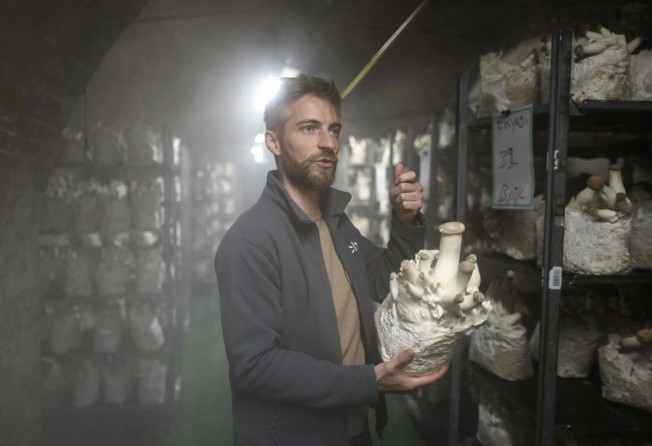
In Belgium, the number of companies involved in the circular economy grew by a third between 2019 and 2021, according to a 2022 study by data company Inoopa.
But there is still a long road ahead: a recent study in the Wallonia region in southern Belgium found that 60 per cent of the companies there didn’t know about the concept of the circular economy at all.